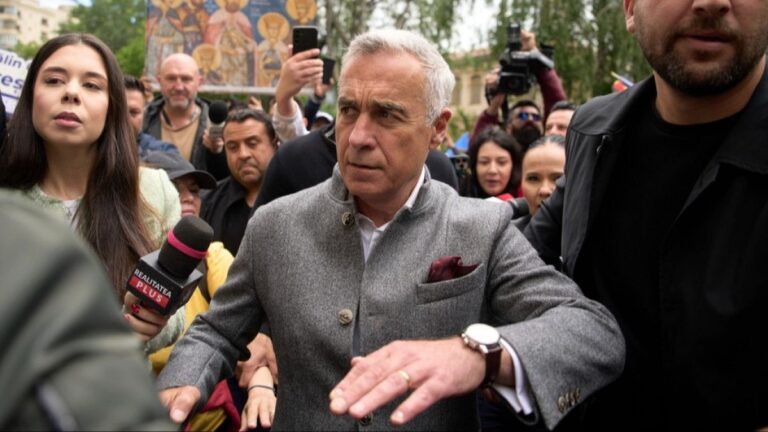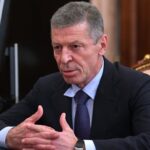Romanian prosecutors have sent former presidential candidate Călin Georgescu to trial for attempted coup / actions against constitutional order, alongside ex–French Foreign Legionnaire Horațiu Potra and 21 others. The case sits inside a broader picture of hybrid interference attributed to Russia—disinformation, coordinated TikTok networks, and cyber operations around the annulled November 2024 presidential election and the ensuing unrest. The facts on recordpoint to a blended operation: SVR (foreign intelligence) for influence/disinfo facilitation and GRU (military intelligence) for the paramilitary/mobilization component around Potra—consistent with Russia’s division of labor in past European interference plays.
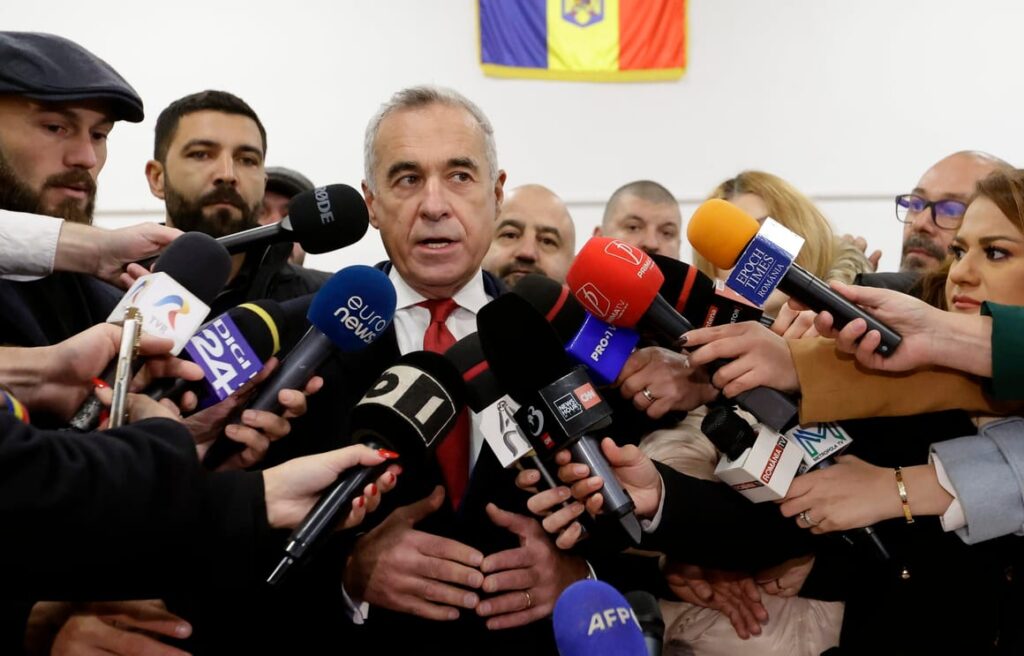
Dossier: Horațiu Potra
Identity & Background;
- Name: Horațiu Potra
- Profile: Former French Foreign Legion soldier; runs/ran a private security/mercenary outfit active in Africa (notably the DRC), where his group—predominantly Romanian—handled security for politicians and mining sites and reportedly reached ~1,000 personnel at peak . Feb–Mar 2025: Romanian prosecutors investigated and sought Potra’s arrest over illegal weapons and cash stashes tied to the voided 2024 election; he was linked to national-security charges. Sep 2025: Prosecutors sent Potra to trial alongside Călin Georgescu and others for an attempted coup / actions against the constitutional order; Potra allegedly organized a paramilitary cell to provoke unrest in Bucharest. Several outlets report he is now a fugitive seeking asylum in Russia
Links to Călin Georgescu
- Operational nexus: Prosecutors allege Potra coordinated a paramilitary group intended to trigger violent protests after the annulment of the 2024 presidential vote—in support of Georgescu. This paramilitary component is repeatedly highlighted in charging narratives and press briefings
- Joint indictments / network: Court filings and reporting place Georgescu, Potra and >20 co-defendants in the same case; Romanian media detail Potra family members and mercenaries among those charged. FT and other outlets report Potra is abroad seeking asylum in Russia, a classic safe-harbor/exfiltration pattern for Moscow-linked intermediaries under legal pressure Hybrid-ops context: The broader case is embedded in Russian interference: disinformation and cyberattacks that benefited Georgescu and primed the street for disruption (Reuters/El País). The paramilitary wing associated with Potra is presented as the kinetic arm of that influence ecosystem.
- Preceding signals: In March 2025, Romania expelled Russian military attachés, as authorities probed Russia-linked agitation and Potra’s role in mobilizing unsanctioned gatherings for Georgescu—an indicator of GRU/MOD footprint in the same time window
Assessment: Tradecraft & Likely Service Involvement
- SVR (high confidence) on influence/disinformation: the “color-revolution” narrative, platform-level amplification, and NGO/independent-media framing align with SVR’s political-influence portfolio that buoyed Georgescu. GRU (moderate-to-high confidence) on paramilitary enablement: Potra’s street-level mobilization/violence planning reflects GRU-style active measures—the operational, deniable pressure that turns online agitation into physical destabilization. Independent analysis in March also flagged a GRU-centered network around Georgescu–Potra. Horațiu Potra is the bridge between Georgescu’s political agitation and a Russian-aligned hybrid operation: a paramilitary facilitator whose activities complemented an SVR-shaped info environment and tracked with GRUpractice on deniable disruption. His asylum bid in Russia and the Romanian expulsions of Russian defense diplomatsstrengthen the inference of Moscow’s hand behind his network.
Nov 2024–Jan 2025: Disinformation and online mobilization swell around Georgescu’s campaign; Romanian authorities later link the surge to Russia-tied platforms and artificial amplification on TikTok.
- Mar 6, 2025: Prosecutors detain six suspects over a Russia-linked coup plot; lines between online agitation and street action begin to surface.
- Sep 16–17, 2025: Prosecutor General Alex Florența announces indictments; Georgescu and 21 others charged for plotting violence after the annulled 2024 election; Potra named as organizer of a paramilitary cell and reportedly seeking asylum in Russia, Anti-Western framing: Georgescu’s rhetoric often questioned NATO’s role in Romania, criticized EU integration, and pushed narratives about Romania’s “loss of sovereignty” to Brussels . Pro-Russian sympathy: He openly echoed Moscow’s lines about Ukraine, Western hypocrisy, and “color revolutions.” This made him a natural amplifier of Kremlin messaging without the need for heavy coaching. Georgescu never became a mainstream, dominant politician in Bucharest. That marginality is useful for Russia because he is hungry for external support, making him susceptible to Russian networks; he can be weaponized as a destabilizer even if he’s unelectable—similar to fringe figures used in Bulgaria, Slovakia, or Serbia to create turbulence. By backing someone outside the political mainstream, Moscow creates noise without investing in long-term state capture. The annulment of the 2024 Romanian election gave Georgescu a sudden stage. Russia thrives on political voidsand crisis narratives; Georgescu was willing to step into that vacuum and portray himself as a victim of Western manipulation. His willingness to channel public anger after the annulled vote allowed Russia to tie local frustration to external conspiracy theories.
Georgescu’s camp overlapped with alternative media outlets, NGOs, and social networks that Russian-linked actors were already cultivating.
- This meant low transaction costs for Moscow: the amplification infrastructure was in place, and Georgescu could be slotted into it seamlessly. By elevating Georgescu, the Kremlin could send a message that any figure in Eastern Europe can be turned into a proxy if they oppose the West.
- Supporting him was less about making him president and more about undermining trust in the electoral processand showcasing that Romanian politics is not immune to “color revolution” chaos. Georgescu fit Moscow because he combined ideological sympathy, political marginality, and availability during a systemic crisis. He was not meant to win power outright, but to delegitimize Romania’s institutions, fracture society, and signal Russia’s reach inside NATO’s southeastern flank.
Prosecutors connect the interference ecosystem to cyberattacks during the election crisis (including campaigns attributed to notorious ransomware/attack brands), aligning with Moscow’s multi-vector hybrid doctrine. (Details vary by outlet, but the prosecutorial narrative ties cyber pressure to the same period.)
- Paramilitary Vector (Potra)
- Horațiu Potra—a combat-experienced figure—allegedly coordinated a paramilitary group to provoke unrest in Bucharest; Romanian media note he sought asylum in Russia, a classic exfiltration / safe-harbor pattern for Russian influence assets facing charges
- Political Narratives
- SVR indicators (high confidence):
- Cross-border influence & disinformation orchestration, the “color revolution” narrative, and leveraging front media / platform relationships fit SVR remit. SVR has a long track record in political influence and agent-of-influence cultivation across the EU. The prosecutorial description of information warfare and TikTok amplification maps to IO tradecraft typically associated with SVR (and partners in the Presidential Administration’s info ecosystem.
- GRU indicators (moderate-to-high confidence):
- Paramilitary organization, plans for street violence, and linkage to a mercenary-style network point to GRU—the service historically tasked with active measures that blend mobilization, security provocations, and kinetic enablers. Potra’s profile and alleged planning for violent disruption tracks with GRU-stylefacilitation rather than SVR’s predominantly clandestine political work. Prior Romanian arrests (Mar 2025) citing Russia-linked coup activity also echo GRU fingerprints seen elsewhere in Europe Assessment:
- Primary: SVR likely coordinated/leveraged the influence and narrative space.
- Enabler/Partner: GRU likely facilitated the paramilitary / street-level risk, using deniable intermediaries (e.g., Potra’s network).
- This dual-track pattern mirrors prior cases where SVR shapes the information terrain while GRU manages on-the-ground disruption options.
- Near-term: Further legal/constitutional stress tests as trials proceed; persistent IO campaigns targeting public trust in the annulled election and in state institutions
- Security: Elevated risk of flash-mob violence around court milestones and anniversaries; possible cyber spikeskeyed to political dates.
- Regional: Messaging spillover into Moldova/Bulgaria and the Black Sea information space; Romanian support for Ukraine and Moldova likely remains a trigger for Russian retaliation narratives
Indicators to Watch
- Potra’s status (asylum progress in Russia; new appearances of his network online/offline
- Coordinated TikTok/Telegram spikes re-framing the case as persecution or “foreign-imposed justice
- Attribution updates from prosecutors on cyber incidents clustered around court dates.
- Kremlin and pro-Kremlin media lines synchronizing with domestic Romanian narratives (e.g., “stolen election,” “color revolution
Service split: SVR primary (IO/influence) with GRU enabling (paramilitary disruption).
Operational goal: Delegitimize Romania’s election/judiciary, erode Euro-Atlantic orientation, and cultivate a dependable pro-Russian political vehicle for future cycles
Călin Georgescu:Basic Background
- Name: Călin Georgescu
- Born: 1962, Argeș County, Romania
- Career: Political technocrat, development specialist, former candidate for the presidency.
- Past affiliations: Involved with international development bodies (UN-linked sustainability projects) before shifting to a nationalist and sovereigntist political profile in Romania.
Anti-Western sentiment: Frequently critical of Romania’s integration into NATO and the EU, arguing that these erode national sovereignty.
- Pro-Russian narratives: Publicly echoed Kremlin talking points about:
- NATO “provoking” Russia into war; The West orchestrating “color revolutions.”; Romania being used as a frontline pawn against Russia.
- himself as a “voice of the people” betrayed by elites, aligning with the Kremlin’s pattern of cultivating outsider figures.
His speeches and campaign materials often mirrored Russian disinformation themes—delegitimizing elections, portraying the EU as imperial, and casting Russia as a cultural and geopolitical alternative. During his 2024–25 political activity, his content was boosted by coordinated TikTok networks traced to Russian-linked influence operators. After the annulled 2024 election, Georgescu became the focal point for Russian-aligned narratives, presenting himself as the victim of Western manipulation.
His co-defendant, Horațiu Potra, is directly connected to Russia (asylum bid, paramilitary role). This association reinforced suspicions of Georgescu’s indirect ties to Russian structures.
Marginal political status: As an outsider, Georgescu lacked institutional backing and was easily co-opted by foreign networks offering visibility.
- Ego and grievance politics: His resentment toward Romania’s mainstream political class made him more open to external validation.
- Digital dependence: Heavy reliance on online channels created exposure to foreign-controlled amplification systems.
- Absence of strong party base: Without a robust domestic machine, he leaned into foreign-supported narrativesto remain politically relevant.
Russia did not need Georgescu to become president; it needed him to delegitimize democratic processes. Proxy for chaos: He became a vehicle to erode public trust in elections, institutions, and Romania’s Euro-Atlantic path.Supporting Georgescu allowed Moscow to test hybrid tactics (influence + paramilitary + cyber) in a NATO state without high strategic costs.Călin Georgescu represents the archetype of a low-cost, high-noise proxy: marginal enough to be dependent, vocal enough to disrupt, and ideologically aligned enough to serve Moscow’s narrative goals. His profile underscores Russia’s preference for weaponizing political outsiders to fracture societies rather than investing in mainstream actors.
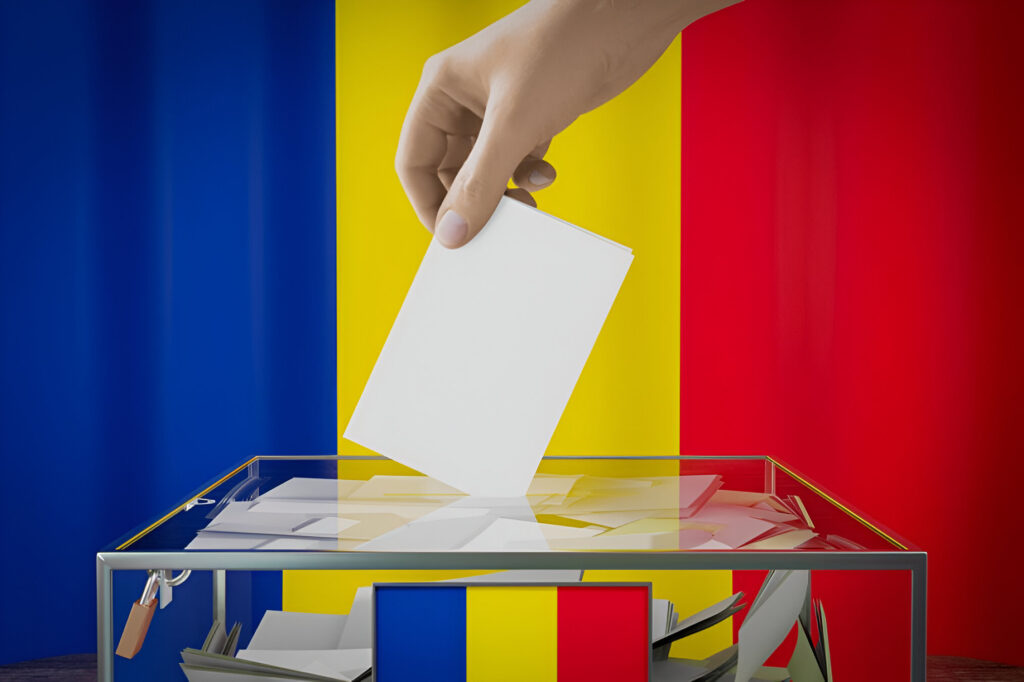
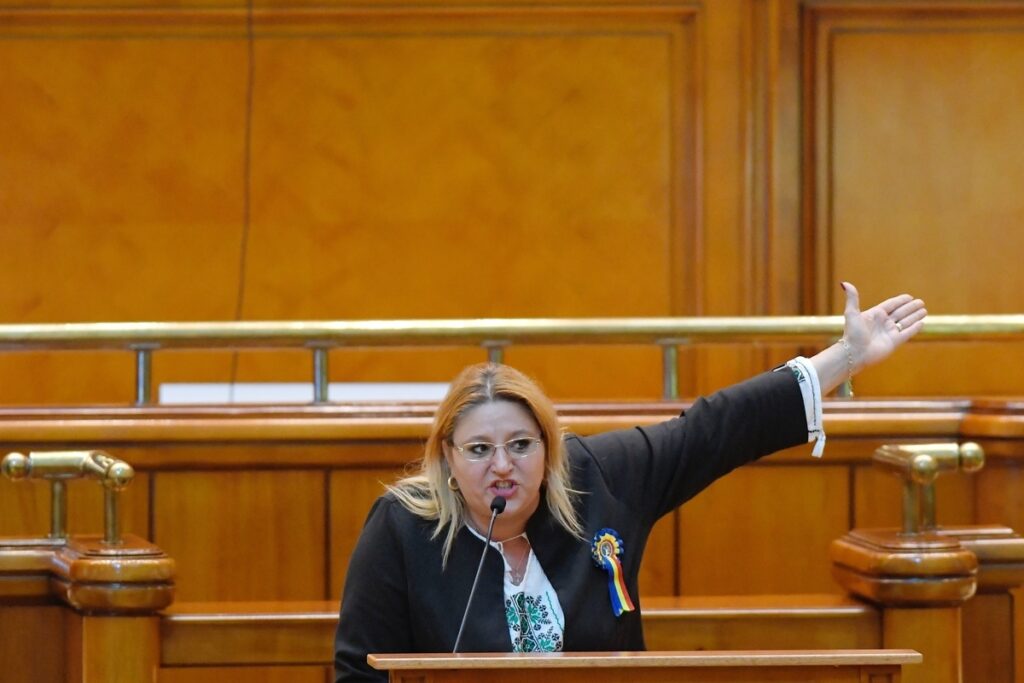
More on this story: GRU operation in Romania points to crisis in Russia’s Intel community


